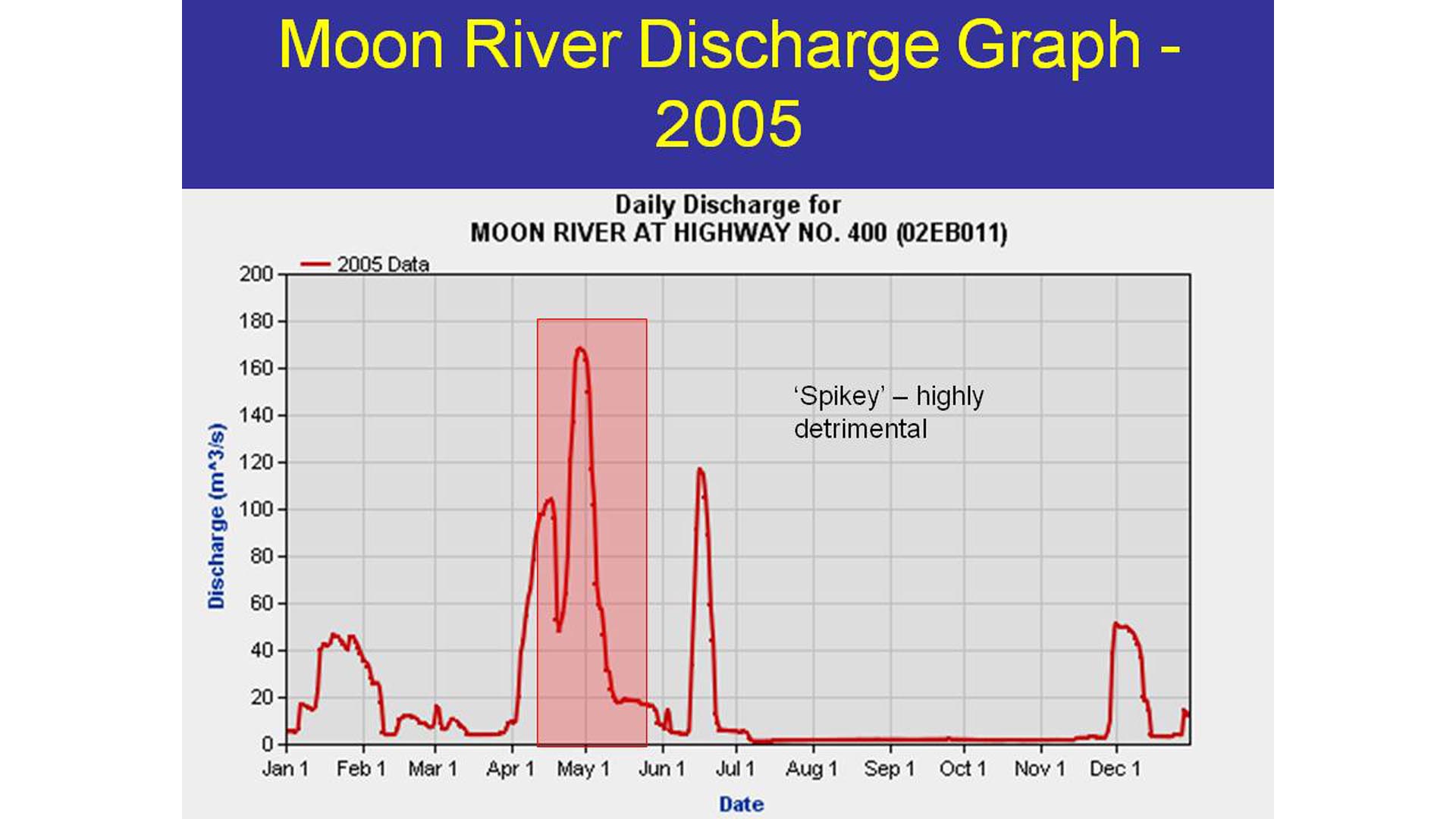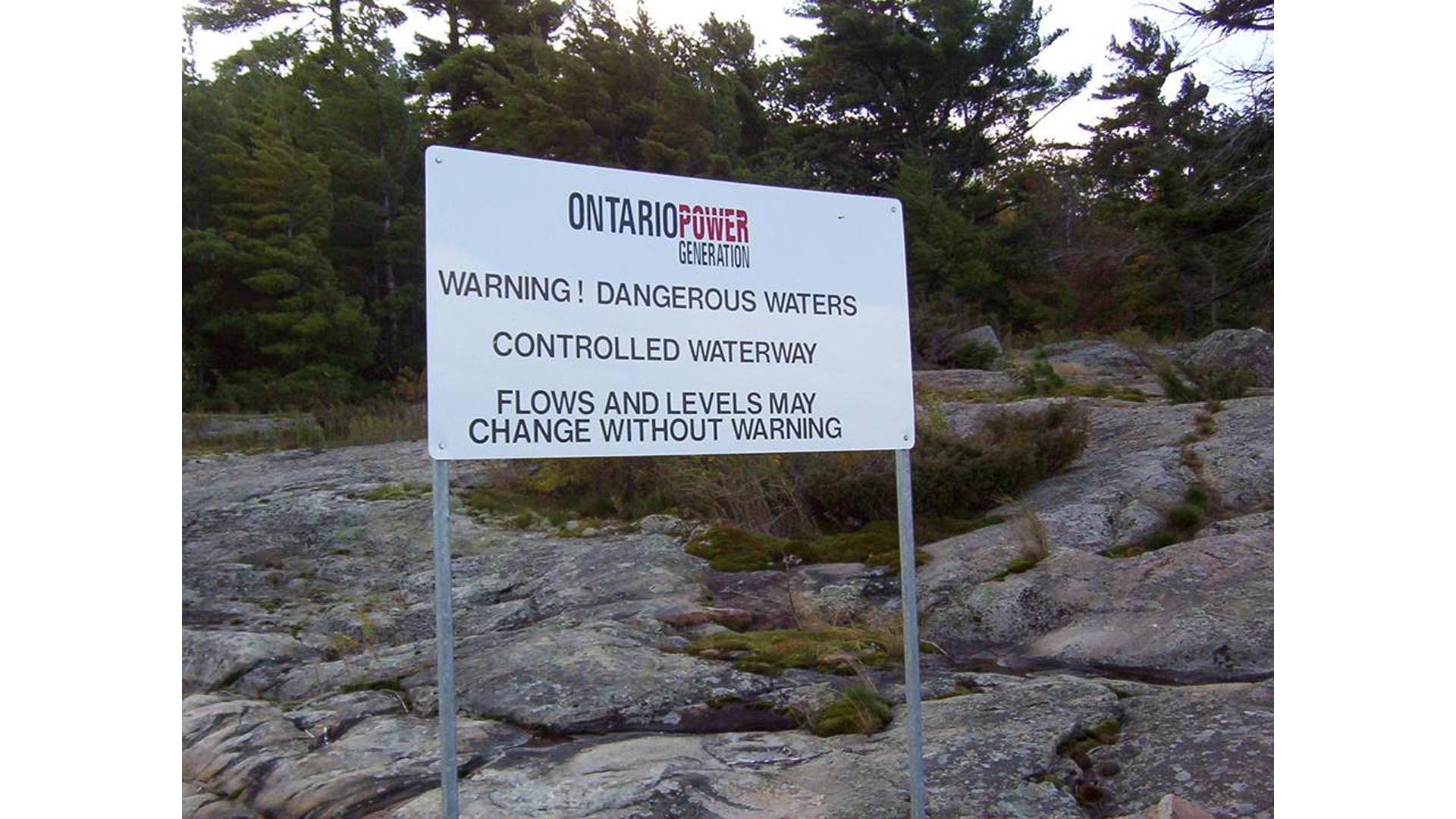Another highly engaging presentation, this one by Andrew Gonzalez of McGill University and the Quebec Centre for Biodiversity Science, is the 3rd lecture from the biennial Muskoka Summit on the Environment . On June 6th and 7th I recorded the presentations over the two day summit. Broadcast, in part, by CBC Radio’s Ideas with Paul Kennedy, (search for Buying Into Biodiversity), these were world-class lectures, presented here in Muskoka. I am delighted to be able to ensure these are available to the world.
This lecture is now available at the following link on Muskoka Watershed Council’s YouTube channel: Biodiversity science for global environmental change.
Using Baker’s yeast, Andrew and team observed “evolutionary rescue” – the recovery of a declining population due to local adaptation under increased environmental stress.

Among Andrew’s key messages: Biodiversity loss is as important as major forms of environmental change.



















